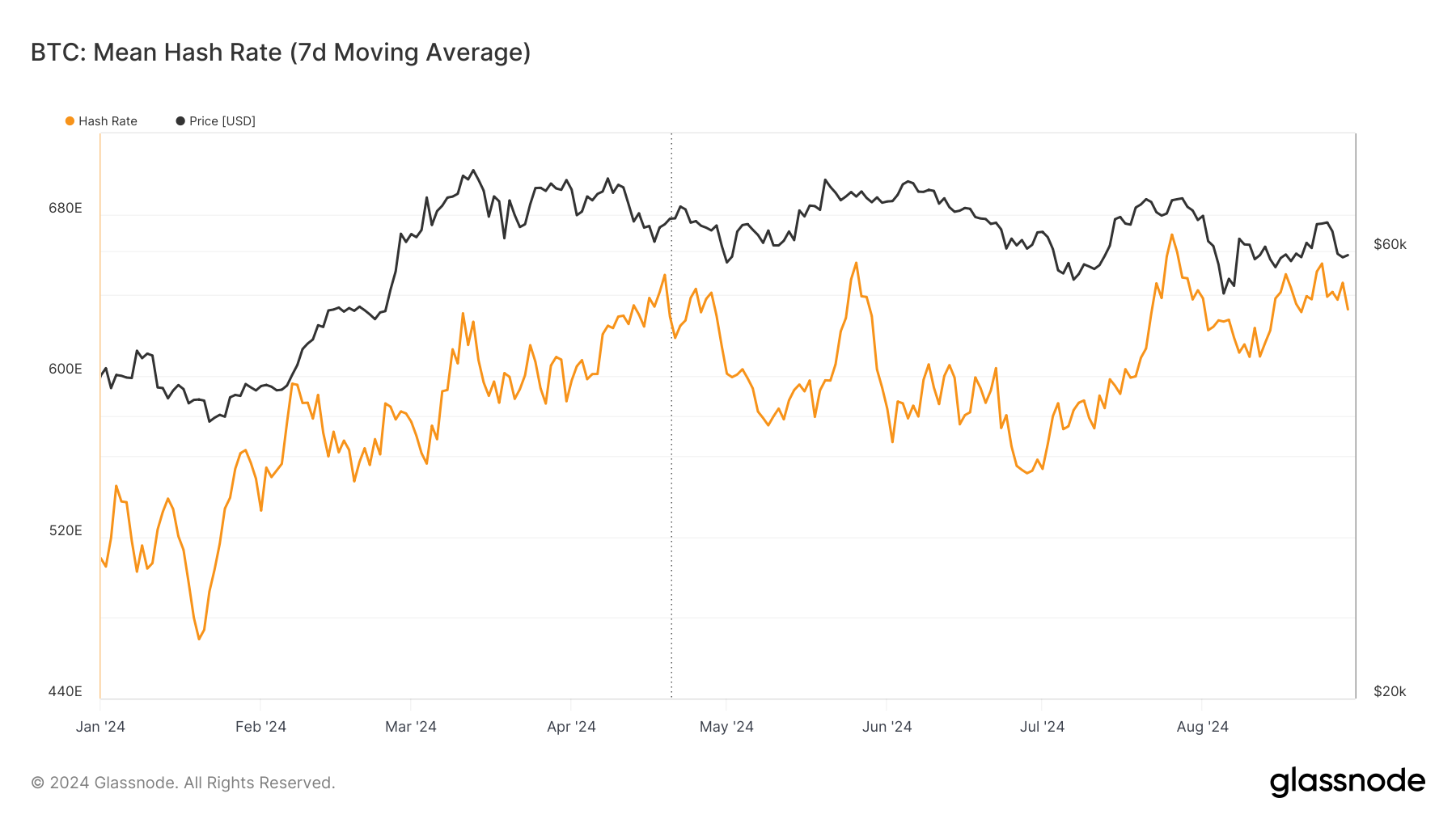These past few days, the crypto news suggests it might be time to play a requiem and lay our long-held dream of life-changing airdrop wealth to rest.
Story One
Kyrie (Lord have mercy)
First case in point: Eigenlayer, the hottest re-staking protocol. When the team initially announced its plan for their Token Generation Event, it faced a huge backlash. Even though. 15% of the supply going to stakers seems quite generous, people weren’t happy with how the funds would be distributed.
It shouldn’t come as a surprise that a team that includes countless ex-finance people comes up with something that eagerly resembles Trickle-Down Economics. And yet, the revelation that 90% of the airdrop would end up in the hands of 2% of the depositors didn’t sit right.
As if they’d heard the prayer for mercy, Eigenlayer announced just a few days later that they’d distribute an additional 1000 EIGEN.
When it rains, it pours, criticism in this case. Many were surprised to find they couldn’t claim because they were in a blocked country (Russia, the US, Canada, North Korea, etc.). Even those who managed to get their hands on tokens quickly realized they couldn’t sell them.
EIGEN is non-transferable. For now. Until September 30th. So they say.
Takeaway: Nothing like crypto mimicking real-life wealth distribution, but worse. To be fair, this entire business of paying people to use your product can seem a little of an odd custom. After all, Amazon would never think of giving you money except, of course, as a loan and for outrageous interest.
Story Two
Dies irae (Day of Wrath)
Dies Irae has to be the perfect soundtrack for the Sybils. Sybils are people who create multiple wallets to generate large volumes of activity in anticipation of an airdrop.
Two years of farming for nothing as Layer Zero has declared soft war on these people despite their contributions to its usage stats.
In a recent announcement, LayerZero laid out what onchain actions are flagged as grounds for exclusion from its airdrop: industrial farming, minting of valueless NFTs just to move them across chains, and repeated bridging of minuscule amounts.
If you’ve done any of the above and aren’t sure if you qualify, they also offered some helpful advice: “If you think you are a sybil, you are most likely a sybil.”

However, instead of excluding all Sybils, the team offers 15% of the intended allocation in a gesture of generosity for anyone who confesses their sins (and repents by not instantly selling, I assume).
That is unless you are in one of those jurisdictions blocked from receiving the airdrop. Sorry Americans.
Takeaway: Excluding Sybils seems like a sensible business decision, yet there’s something to be said about how protocols rely heavily on them to inflate their usage stats.

Story Three
Agnus Dei (Lamb of God)
“Lamb of God, who takes away the sins of the world,” goes the verse forming part of the Requiem mess.
If only it could take away the sins of Friend.Tech.
It’s like Facebook but with the added disadvantage of your friends and strangers dumping your worth.
Version two promised to improve the platform yet achieved the polar opposite. The website wasn’t working, and only a few managed to claim long-awaited tokens.
In hours, the token price went from $2.78 closer to $1. The biggest whale dumped his tokens, and it didn’t help that the devs had added a generous $0.01 of liquidity to the liquidity pool.
You’d think that at least the people there for the new feature allowing them to create community spaces would be happy with V2. Also wrong.
Like the claim page, clubs did not work.
Takeaway: The real treasure isn’t the friends we bought along the way but the exit liquidity we managed to secure. No wonder people think badly about crypto.
Fact of the week: The famous composer Mozart died while writing a Requiem. Commissioned by a stranger, he threw himself at the task. He only lived long enough to complete two movements. In order to avoid having to repay the initial down payment, his widow went to great lengths to secure help from former pupils to complete the work.
Naomi for CoinJar
UK residents: Don’t invest unless you’re prepared to lose all the money you invest. This is a high‑risk investment and you should not expect to be protected if something goes wrong. Take 2 minutes to learn more: www.coinjar.com/uk/risk-summary.
Cryptoassets traded on CoinJar UK Limited are largely unregulated in the UK, and you are unable to access the Financial Service Compensation Scheme or the Financial Ombudsman Service. We use third party banking, safekeeping and payment providers, and the failure of any of these providers could also lead to a loss of your assets. We recommend you obtain financial advice before making a decision to use your credit card to purchase cryptoassets or to invest in cryptoassets. Capital Gains Tax may be payable on profits.
CoinJar’s digital currency exchange services are operated in Australia by CoinJar Australia Pty Ltd ACN 648 570 807, a registered digital currency exchange provider with AUSTRAC; and in the United Kingdom by CoinJar UK Limited (company number 8905988), registered by the Financial Conduct Authority as a Cryptoasset Exchange Provider and Custodian Wallet Provider in the United Kingdom under the Money Laundering, Terrorist Financing and Transfer of Funds (Information on the Payer) Regulations 2017, as amended (Firm Reference No. 928767).



